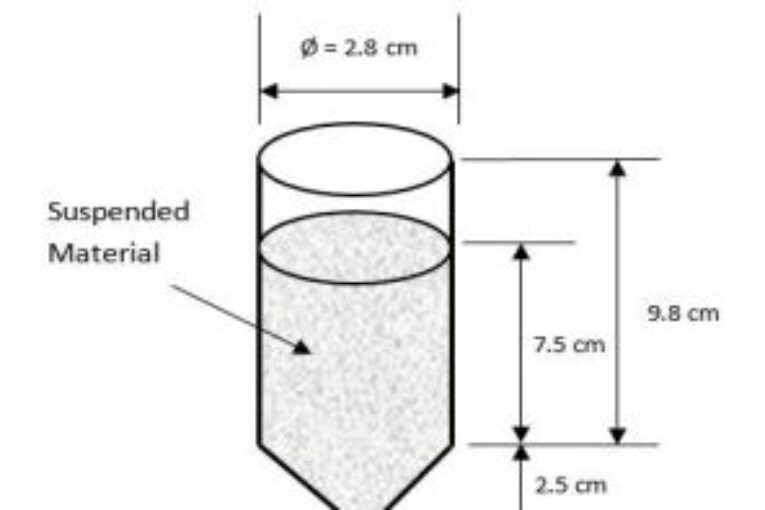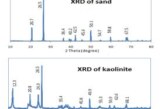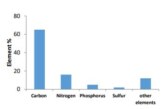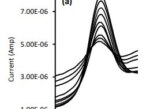
Authors: Khaled Rawajfeh, Arwa Sandouqa, Aiman Al-Rawajfeh
DOI: https://doi.org/10.48103/jjeci4102021
JORDANIAN JOURNAL OF ENGINEERING AND CHEMICAL INDUSTRIES (JJECI)
Pages: 78-85
Abstract
This study aimed to use a chemical coagulant to treat Olive Mill Wastewater (OMW) in such a way as to improve and expedite the process of precipitating the solid waste material present in the wastewater. This process is of extreme importance in harvesting the solid material that can be used as domestic or industrial fuel material and as a supplement to animal feed. The chemical coagulant used in this study was calcium carbonate (CaCO3). The effect of the addition of this coagulant on some physical properties of olive mill wastewater (OMW) such as pH, electrical conductance (EC), the precipitated amount of the total suspended solids (TSS), and the higher heating value (HHV) of the precipitated solids was studied. It was found that small amounts of CaCO3 need to be added to affect the operation. The study results showed that the optimum value to be used was around three wt/wt %.
Paper type: Research paper
Keywords: Coagulation, calcium carbonate, decantation, mixing, centrifuge, solid waste, olive mill wastewater, evaporation, drying, olive oil. Citation: Rawajfeh K., Sandouqa A., and A. Al-Rawajfeh ” Precipitation of Solid Waste in Olive Mill Wastewater by Coagulation using Calcium
Carbonate (CaCO3)”, Jordanian Journal of Engineering and Chemical Industries, Vol. 4, No.3, pp:78-86 (2021).



